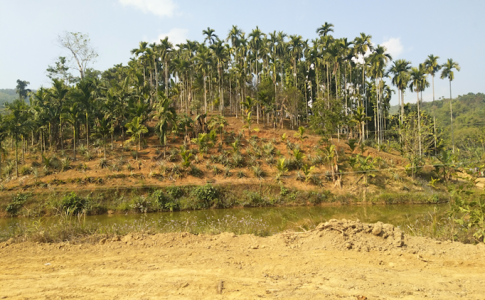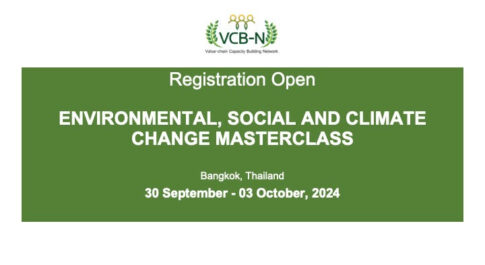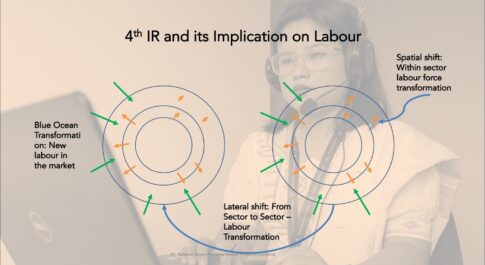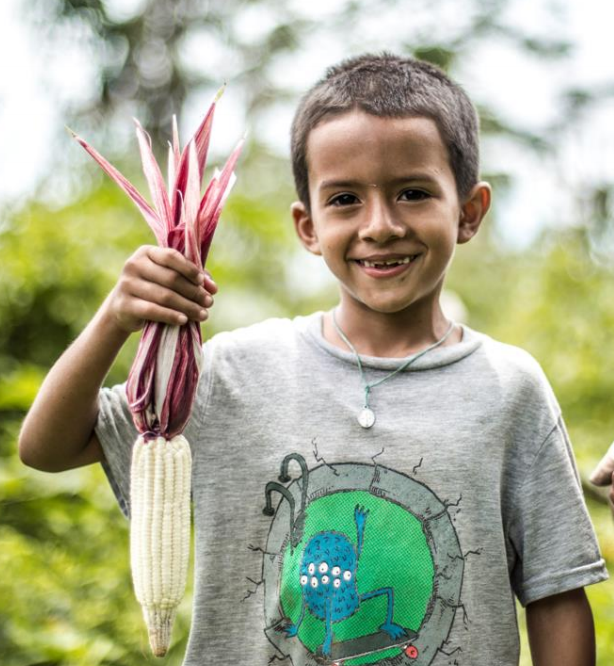
Research / event reports
Synergised approach to poverty eradication of CCRIP in Bangladesh
The Coastal Climate Resilience Infrastructure Project (CCRIP) of the Local Government Engineering Department (LGED) has been engaged for the development of physical and infrastructural facilities of the rural markets in riverine regions. The International Fund for Agricultural Development (IFAD), along with Asian Development Bank (ADB), KfW and Strategic Climate Fund, provided funds to CCRIP to eradicate poverty and hunger in rural areas in Bangladesh. In line with the national strategy for rural development, infrastructure improvement and socio-economic development, this project was implemented during 2013– 2019, focusing on promoting overall development of the transportation system by constructing, improving and rehabilitating climate-resilient Upazila & Union roads and road structures (bridges/culverts), development of growth centres and cyclone shelter. The Coastal Climate Resilience Infrastructure Project has three components which are interlinked and synergistic in nature, which are:
- Improved Road Connectivity: Improved road connectivity for people living in project Upazilas to access markets and social services.
- Improved Market Services: Enhanced marketing of farm and non-farm produce in project markets.
- Enhanced Climate Adaptation Capacity: Better management from the rural communities and local authorities to cope with volatile climate events and meet their basic needs during climatic shocks.
Sustainability and opportunities to scale are important aspects of the interventions under the CCRIP while analysing through the market system development lens. The women’s market section encouraged women to participate in the mainstream market in their locality for selling their goods. It improved the economic status of the households of these women, as it ensured additional income for the families. The road construction in remote areas positively impacted the lives of the nearby connecting villages through providing easy access to the market and other facilities such as healthcare, education and so forth.
The scale-up opportunities of these interventions are very much feasible, which can be replicated in future projects in different remote areas in the country. The involvement of the local population in construction work ensured inclusivity and capacity building through on the job training for the skilled labour force in the locality. Along with trainings on different IGAs, future projects can be designed to address market linkages among different market actors such as the producers, input suppliers and the large markets, retail markets etc. It will increase access to bigger markets while ensuring better inputs and decrease the cost of production.The impacts of the CCRIP interventions resulted in an increase in the economic growth of the households residing in the project areas. The changes in market systems positively affected the volume of business and transactions in the local markets, which leads to strengthening different support functions in the markets. By involving the LCS members in the construction works the CCRIP facilitated technical assistance and introduced new IGA in the locality. LCS members reported starting new IGAs, after meeting the basic needs through the income from the construction work. Overall, CCRIP had a positive effect on the project beneficiaries with successful interventions through the market system development lens.
For full research report: 200203 CCRIP-Report
You may want to read








